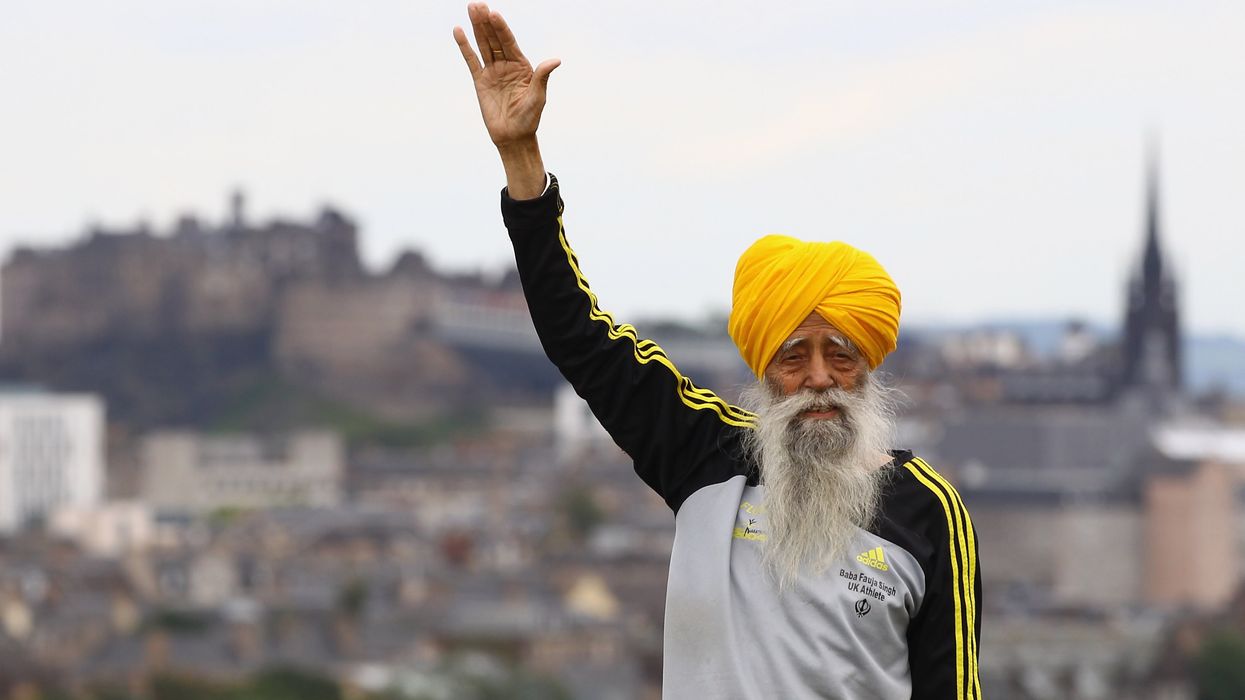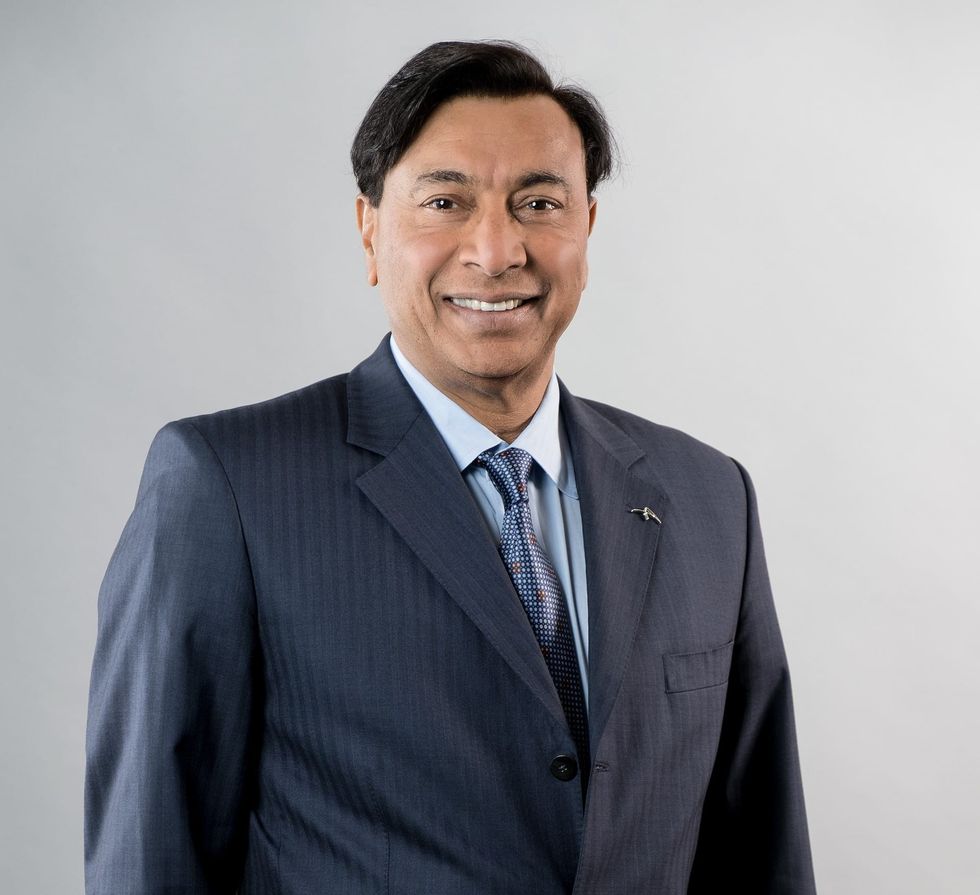GOOD relations with India are of paramount importance for the government, a Labour minister has said.
Equally important is the need to conclude the UK-India Free Trade Agreement. This was stated by Catherine West, the parliamentary under-secretary (IndoPacific) at the Foreign, Commonwealth and Development Office.
Her comments were made last Wednesday (9) at the Diwali reception held jointly by the newly formed “India All Party Parliamentary Group” and the High Commission of India.
The venue chosen was the Cinnamon Club, the upmarket Indian restaurant in Great Smith Street, a short walk from the Palace of Westminster.
The minister’s responsibilities – which she confirmed to Eastern Eye – include “India and the Indian Ocean; China and Northeast Asia; Southeast Asia and the Pacific; economic security and growth; economics and evaluation; technology and analysis; departmental operations, including legal affairs”.
West, who was born on September 14, 1966, in Mansfield, Australia, and came to Britain with her husband Colin Sutherland in 1998 – he is now co-director of the London School of Hygiene & Tropical Medicine’s Malaria Centre – has been a Labour MP since 2015. She now represents Hornsey and Friern Barnet.
She appears experienced in dealing with overseas affairs. She held shadow minister roles for Asia and the Pacific (2021 to 2024), Europe and the Americas (2020 to 2021), Sport (2020), and Foreign and Commonwealth Affairs (2015 to 2017). She was previously a member of the International Trade Select Committee (2017 to 2018) and the Foreign Affairs Select Committee (2018 to 2019).
She joined the Labour Party in 1998 and became a caseworker for Tottenham MP David Lammy, now her boss as the foreign secretary.
West was introduced to guests by Baroness Sandip Verma, a Tory active in UKIndia business affairs.
The upbeat mood of the Diwali party changed suddenly when news came through, while the Indian high commissioner Vikram Doraiswami was speaking, that Ratan Tata had passed away in India.
Lord Karan Bilimoria, the co-chair of the India All Party Parliamentary Group, said: “We had a minute’s silence.”
The other co-chair is Dr Jeevun Gurpreet Singh Sandher, the newly elected Labour MP for Loughborough. He was born in the UK into a Sikh family from Jalandhar in Punjab. His knowledge of economics will come in useful in dealing with UK-India business affairs.
Sandher was awarded an MSc in Economic Development and Policy Analysis and a BA in Economics and Philosophy from the University of Nottingham. He graduated with a PhD in Political Economy from King’s College London in 2022. Before undertaking his doctorate, Sandher worked in Somaliland as an economist in the Ministry of Finance. He has also had roles in HM Treasury, and the Department for Work and Pensions, where he advised on budgeting, macroeconomic policy, inequality, poverty and social security.
(From left) Chandrajit Banerjee, Dr Jeevun Gurpreet Singh Sandher, Lord Karan Bilimoria and Vikram Doraiswami at the Diwali reception last Wednesday (9)Bilimoria, a crossbench peer, said the All-Party Parliamentary Group had met West to discuss India and had found the government to be “very supportive”.
He explained how the All Party Parliamentary Group, a recent creation, had evolved: “For many years, we’ve had the Indo-British All Party Parliamentary Group, of which I was a vice-chairman for many years, and Virendra Sharma (who stepped down as Labour MP for Ealing Southall at the general election) was the chair for many years. And then a few years ago, we formed the UK-India Trade and Investment all party parliamentary group, which I was a co-chair of. And after the new parliament and the elections, we decided to merge them into one India All Party Parliamentary Group, which would look after all aspects of the UK-India relationship, including trade and investment, culture, movement of people, security, business and bilateral investment.”
He went on: “We’ve got visiting chief ministers of states coming in the next couple of weeks, and we will be hosting them in Parliament. It gives an opportunity for any visiting delegation to interact with parliamentarians, and for parliamentarians to meet them and learn more about what’s happening in India. And I think more and more people are realising the prominence and the importance of India as the fastest growing major economy in the world. It will continue to be so for years to come. And there is generally a growing interest in parliament on all aspects to do with India. And our group will be the focal point for informing parliamentarians and allowing parliamentarians to engage with India. And, of course, we will have delegations going out. That’s another one of our objectives.”
He explained the advantages of having a group whose members included both peers and members of the Commons: “One of the great strengths is that this is one of the few initiatives that bring together both houses. Because, on the whole, we operate very separately. The House of Lords and House of Commons – we don’t have that much interaction with each other. The All Party Group is cross party. So that makes them much, much more effective. And they deal with whoever is the government of the day.”
Guests at the Diwali party included Chandrajit Banerjee, director general of the Confederation of Indian Industry, Bilimoria pointed out.
At the All Party Parliamentary Group, “we will focus on the Free Trade Agreement,” Bilimoria emphasised. “After 14 rounds of negotiations, we will be doing our best to help get that over the line.”
Bilimoria also spoke about Tata, a fellow Parsi who had been a key figure on the Indo-British scene: “I was very fortunate to know Ratan Tata personally for over two decades. I’ve shared a platform with him many times. We were both members of the Cambridge India board, although he didn’t go to Cambridge University himself. His family historically have had a strong association with Cambridge University, and especially Gonville ad Caius College, which Dorabji Tata attended, as did Homi Bhabha, the scientist. Ratan Tata attended every single meeting we had in India.
“The Tata group has always been one of India’s largest business groups and conglomerates. Under his leadership it has gone from strength to strength. Its market capitalisation today is over $400 billion; it’s approaching $500 billion, making it one of the largest companies in the world.
“The best thing about Ratan Tata was the charitable work. He just continually did non-stop philanthropy. The reputation of the Tatas and Ratan Tata himself been an absolute inspiration. He was a national hero. The whole country wanted to show how much people respected him. And I’ve seen what a huge impact he’s had on UK-India relations.”
















 Lakshmi Mittal
Lakshmi Mittal 

